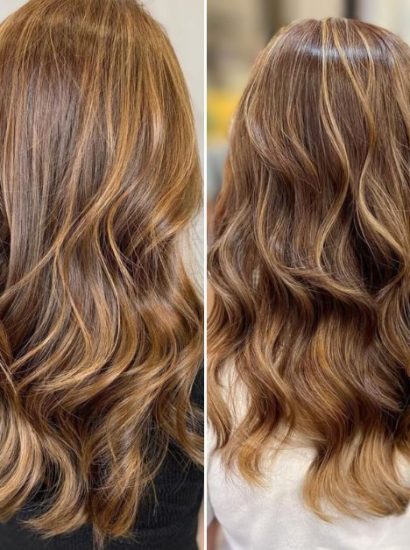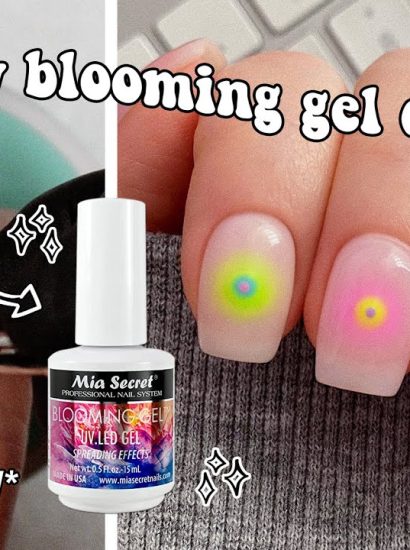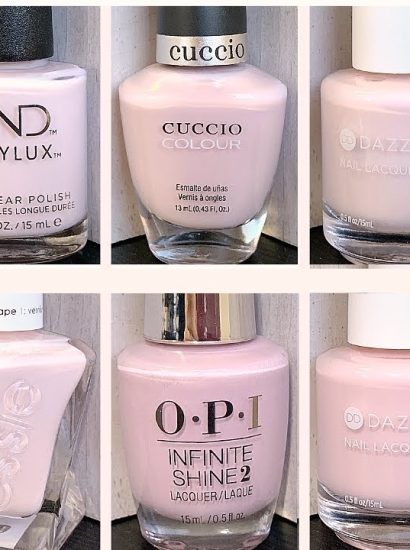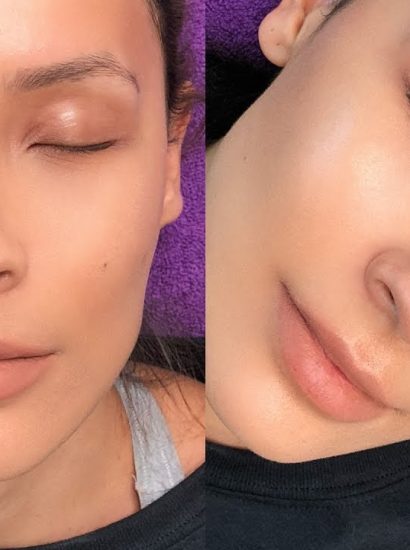Choosing the right moisturizer can significantly impact the health and appearance of your skin. With so many options available, from creams to serums and gels, finding the perfect match for your skin type and concerns can seem daunting. This guide aims to simplify the process with seven essential tips to help you navigate the world of moisturizers effectively.
1. Understand Your Skin Type
The first step in selecting a-moisturizer is understanding your skin type. Skin can be broadly categorized into:
Dry: Often feels tight, flaky, or rough.
Oily: Prone to shine, especially in the T-zone, and may have enlarged pores.
Combination: Some areas (like the T-zone) are oily, while others (like cheeks) are dry or normal.
Sensitive: Easily irritated, may react to certain ingredients.
Normal: Balanced and generally clear without excessive dryness or oiliness.
Identifying your skin type helps narrow down moisturizers formulated to address specific concerns.
2. Consider Your Skin Concerns
In addition to skin type, consider any specific concerns you want to address, such as:
Anti-aging: Look for-moisturizers with ingredients like retinol or peptides.
Acne-prone: Opt for non-comedogenic formulas that won’t clog pores.
Hyperpigmentation: Seek-moisturizers with brightening agents like vitamin C or niacinamide.
Dryness: Choose richer, more emollient moisturizer or those with humectants like hyaluronic acid.
Matching your-moisturizer to your concerns ensures you’re targeting problem areas effectively.
3. Assess the Ingredients
Check the ingredient list before purchasing a moisturizer. Key ingredients to look for include:
Humectants: Like hyaluronic acid and glycerin, which draw moisture into the skin.
Emollients: Such as squalane or ceramides, which smooth and soften the skin.
Occlusives: Like petrolatum or dimethicone, which create a barrier to prevent moisture loss.
Antioxidants: Such as vitamin E or green tea extract, which protect against environmental damage.
Avoid potential irritants or allergens if you have sensitive skin, and prioritize products with clinically proven ingredients.
4. Texture and Consistency Matter
The texture of a-moisturizer affects how it feels on your skin and how well it works under makeup. Consider:
Creams: Rich and nourishing, ideal for dry or mature skin.
Gels: Lightweight and often water-based, suitable for oily or combination skin.
Serums: Concentrated formulas that penetrate deeply, great for all skin types, especially under other skincare products.
Lotions: Lighter than creams but still hydrating, suitable for normal to combination skin.
Choose a texture that suits your preference and works well with your daily skincare routine.
5. SPF Protection for Daytime Moisturizers
For daytime use, consider a moisturize with built-in SPF protection. Sunscreen is crucial for preventing premature aging and protecting against skin cancer. Look for a broad-spectrum SPF of at least 30 and reapply throughout the day if you’re exposed to the sun for extended periods.
6. Patch Test New Products
Before applying a new-moisturize all over your face, perform a patch test on a small area of skin. This helps identify any potential allergic reactions or irritation. Apply a small amount to your inner forearm or behind your ear, and wait 24 hours to see if any redness, itching, or swelling occurs.
7. Read Reviews and Seek Professional Advice
Lastly, don’t hesitate to read product reviews and seek advice from skincare professionals. Reviews can provide insights into how well a moisturizer works for others with similar skin types and concerns. Dermatologists or skincare specialists can offer personalized recommendations based on your specific needs and skin condition.
Conclusion
Choosing the right-moisturizer is a crucial step in maintaining healthy, radiant skin. By understanding your skin type, considering your concerns, assessing ingredients, choosing the appropriate texture, prioritizing SPF protection, patch testing new products, and seeking advice when needed, you can navigate the vast array of moisturizers with confidence. Remember, skincare is personal, so take the time to find what works best for you.
FAQs (Frequently Asked Questions)
1. What is the best moisturizer for sensitive skin?
For sensitive skin, opt for moisturizers with gentle, soothing ingredients like oat extract, aloe vera, or chamomile. Avoid fragrances, alcohol, and harsh chemicals that can trigger reactions.
2. Can I use the same moisturizer day and night?
Yes, you can use the same-moisturize for both daytime and nighttime use. However, consider using a richer moisturizer at night to provide extra hydration while your skin repairs itself.
3. How often should I apply moisturizer?
Apply-moisturiz at least twice a day: once in the morning and once at night. Adjust frequency based on your skin’s needs and environmental factors.
4. What should I do if my moisturizer causes breakouts?
Discontinue use and switch to a non-comedogenic moisturize. Check for ingredients that might be clogging your pores, such as heavy oils or silicones.
5. Is it necessary to use a separate eye cream?
While not mandatory, eye creams are formulated specifically for the delicate skin around the eyes. They may address concerns like puffiness, dark circles, or fine lines more effectively than regular moisturize.
Also read : SKINCARE INFLUENCERS: TOP 10 YOU NEED TO FOLLOW IN SINGAPORE





